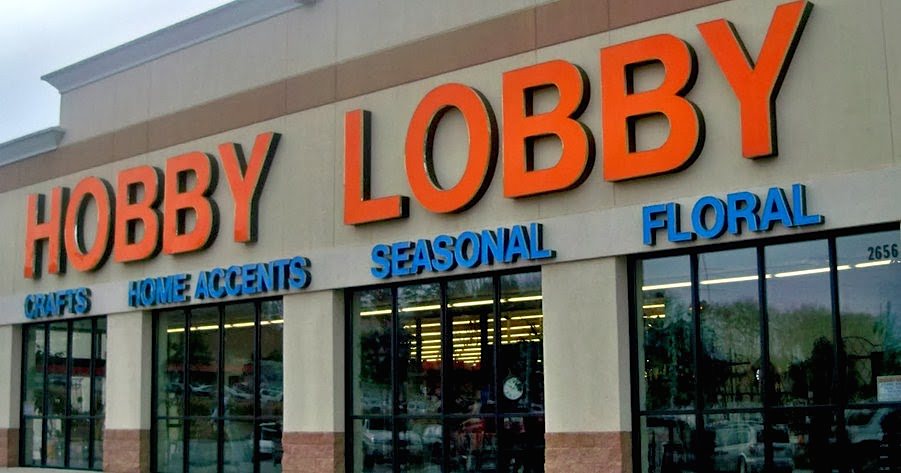
To compel a man to furnish contributions of money for the propagation of opinions which he disbelieves and abhors, is sinful and tyrannical. ”
~Thomas Jefferson
On Monday a divided Supreme Court ruled that some closely held, for-profit businesses may opt out, on the basis of religious objections, of a requirement in ObamaCare to provide free contraceptive coverage for their employees.
Hobby Lobby and several other companies objected to this requirement. Because the owners try to run their businesses based on religious principles they consider some contraception to be a form of abortion.
The 5-4 decision, in favor of arts-and-crafts chain Hobby Lobby, marks the first time the court has ruled that for-profit businesses can cite religious views under federal law. It is also a blow to a provision of the Affordable Care Act that President Obama’s supporters greatly emphasized amid the 2012 presidential campaign.
NPR host Renee Montagne referred to the decision as “another rebuke to the Obama administration,” as numerous news outlets reported on the victory in terms of it’s undermining of the Affordable Healthcare Act.
Andrew Koppelman of New Republic even argued that the decision was a small victory for women’s equality—a core issue that many lower courts casually ignored.
“Monday’s Supreme Court decision in Burwell v. Hobby Lobby could have been a disaster for women’s health and equality and, in the long run, for religious freedom. The Court cleverly devised a solution that avoided that disaster and decently accommodates the interests that had collided.”
Koppelman goes on to point out that the federal Religious Freedom Restoration Act of 1993 (RFRA) prohibits the government from burdening a person’s exercise of religion unless that burden is the least restrictive means of furthering a compelling government interest. Hobby Lobby claimed, and many lower federal courts agreed, that the government’s interest in guaranteeing cost-free access to contraceptives was not compelling, because there are plenty of exceptions to the mandate. Obamacare exempts employers with fewer than 50 employees, which leaves 20 to 40 million employees uncovered. It does not apply to grandfathered plans, which cover millions more. An interest with so many exceptions, they reasoned, could not be a compelling one. Some of those courts also said that religious liberty could not be outweighed by a vague, generalized interest in “the promotion of public health.”

